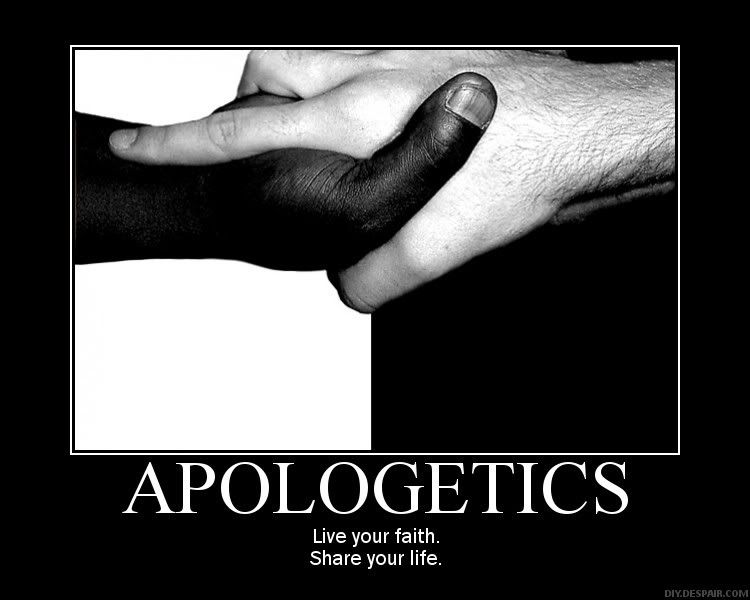Hermeneutics quiz
"Ever wonder how two people can look at the same passage of the Bible and come away with such different applications? The ways we interpret the Bible, and what enters into our process of applying the Bible, are important for us to be aware of. Without this self-awareness, we can have blind spots in our Bible reading and not even know it."
This quiz "is designed to clarify how you understand the Bible and how you apply it. Some people will quibble with the categories in the quiz or insist on more than one answer. That’s okay. No test like this can reveal all the nuances needed, but broad answers are sufficient to benefit from taking the quiz."
I scored 57, which apparently means I'm a moderate (53-65). The other categories are "conservative" and "progressive". According to McKnight, moderates "are conservative on some issues and progressive on others. It intrigues me that conservatives tend to be progressive on the same issues, while progressives tend to be conservative on the same issues. Nonetheless, moderates have a flexible hermeneutic that gives them the freedom to pick and choose on which issues they will be progressive or conservative [makes me sound wishy-washy! -BK]. For that reason, moderates are more open to the charge of inconsistency. What impresses me most about moderates are the struggles they endure to render judgments on hermeneutical issues."
There were some answers I found very hard to pick actually, and some where I was not entirely happy with the language used, but McKnight did acknowledge as much. I still think my answers actually make me a conservative, and that those who hold to literalistic readings of the Bible be better called "fundamentalists".
The question on tattoos reminded me that I was at quite a different place eons ago. When I was 15 or 16 I remembered being at a youth camp where I was a small group leader for the first time. Somehow we ended up having a conversation on whether it was Christian to have tattoos or not and I remember trying to push my group, asking them if it was okay to have a "John 3:16" tattoo. Then I read out Leviticus 19:28. We all then agreed that it was settled, no tattoos, whatever the tattoo proclaims! I feel sheepish thinking about it now...
So what are you?
Labels: Bible reading, just for fun, personal, telling tales
 Thus, this is not to denigrate the place of love, integrity, community, stories, relationship, social concern etc.; just the opposite really as all those are key. It’s simply not to drop rational arguments from the list. In my experience, I find that this is true, non-Christians enjoy being part of a loving Christian community, but they also do want to know how Christianity answers the big questions and the claims it makes on our lives. "Defeater beliefs" need to be dismantled: the belief that Christians are arrogant can be dismantled both by seeing Christians love their neighbour and serving each other in humility, as well as a more cognitive understanding that the gospel Christians believe is actually one that sees
Thus, this is not to denigrate the place of love, integrity, community, stories, relationship, social concern etc.; just the opposite really as all those are key. It’s simply not to drop rational arguments from the list. In my experience, I find that this is true, non-Christians enjoy being part of a loving Christian community, but they also do want to know how Christianity answers the big questions and the claims it makes on our lives. "Defeater beliefs" need to be dismantled: the belief that Christians are arrogant can be dismantled both by seeing Christians love their neighbour and serving each other in humility, as well as a more cognitive understanding that the gospel Christians believe is actually one that sees 
 I’ve been meaning to blog through a book for a while now, but of course my procrastinating habits get in the way. So, without further ado...
I’ve been meaning to blog through a book for a while now, but of course my procrastinating habits get in the way. So, without further ado...











